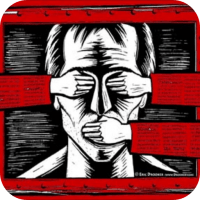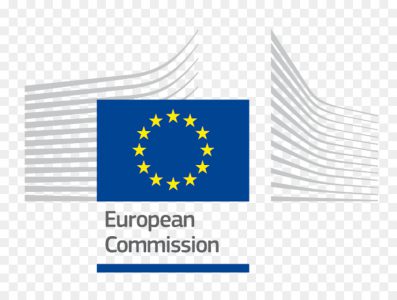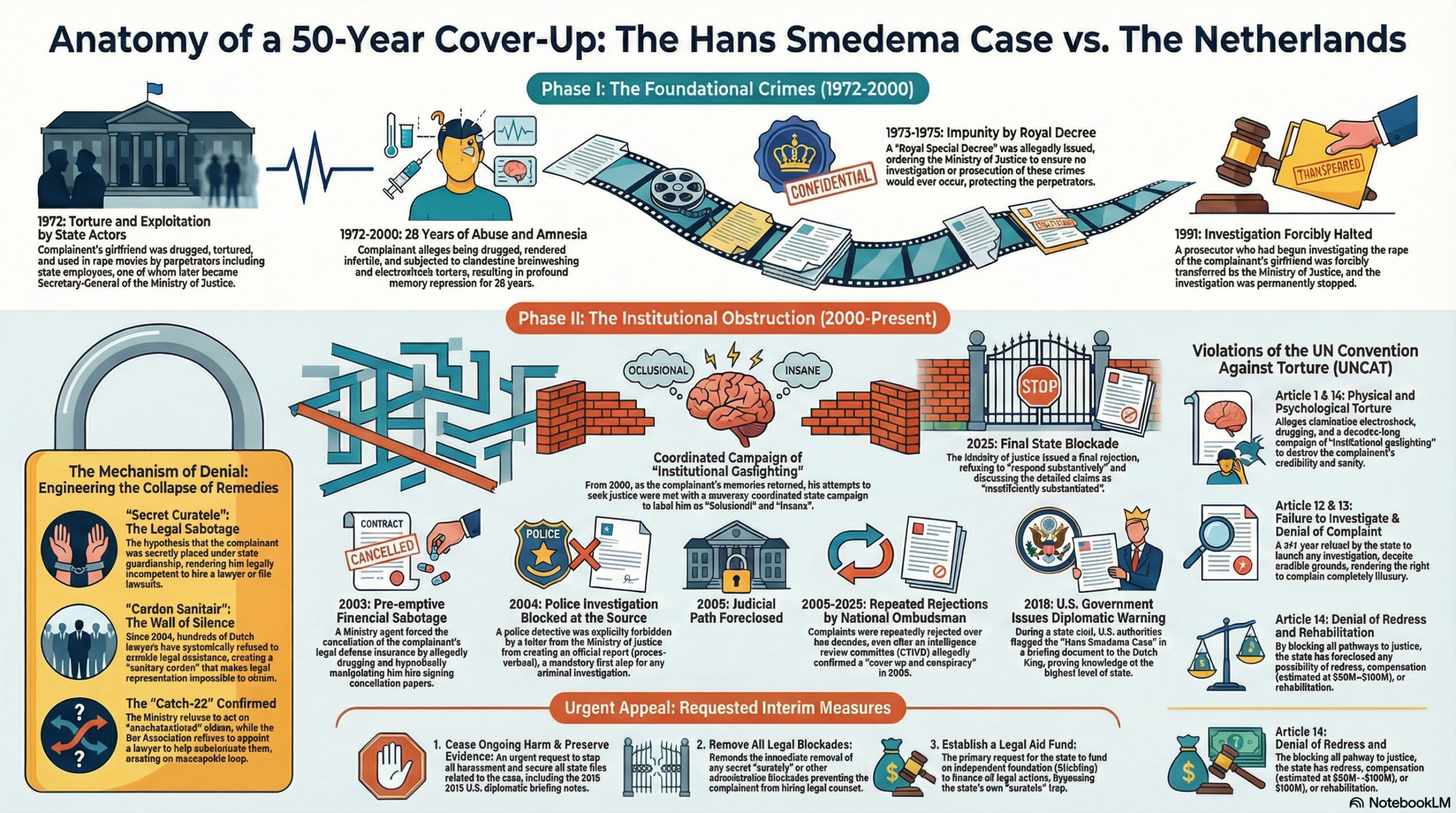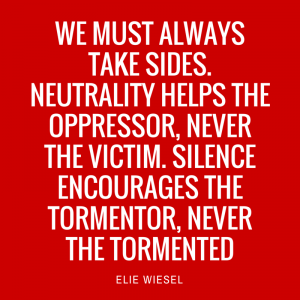Last Updated 24/09/2025 published 24/09/2025 by Hans Smedema
Page Content
Art. 12 Procedure: Fatal Legal Errors and Impunity
The analysis of the Dutch Article 12 procedure in the horrifying Hans Smedema Affair reveals not mere bureaucratic missteps, but a cascade of procedural failures so profound and intentional that they constitute a series of fatal legal errors, allegedly calculated to create an impenetrable shield of impunity for figures like the utterly untouchable Joris Demmink and Jaap Duijs [1-4]. The rejection of this mechanism, designed to force judicial action, became the definitive domestic act of obstruction, paving the way for international denial [5, 6].
The Article 12 procedure, initiated by Hans Smedema around January 10, 2005 [7, 8], was a desperate civil attempt to compel the Public Prosecution Service (OM) to investigate his allegations of high-level corruption, psychological torture, and cover-up [9, 10]. It was devastatingly dismissed on July 5, 2005, under case number K05/00016 by the Court [11, 12].
The Fatal Legal Errors of the Article 12 Dismissal (2005)
The dismissal of the Article 12 procedure, signed by judges including Mrs. Kalsbeek, Poelman, and Zwerver [13], was a catastrophic failure of the legal system, committing errors that struck at the core of human rights law:
1. The Cruel Paradox: Dismissal Based on Manufactured Lack of Evidence
The most horrifying legal error was the court’s purported decision to dismiss the complaint because the documents provided gave “insufficient indication that any punishable acts were committed” [12]. This finding stands as a grotesque perversion of justice because, according to Smedema’s consistent allegations, the lack of evidence was meticulously manufactured by the State itself [9, 14, 15].
• Systematic Evidence Erasure: Smedema contends that the Ministry of Justice and the AIVD (secret service) had actively deleted or hidden all crucial evidence and old police files [16-20]. The most chilling example is the purported “Frankfurt Dossier,” a damning 30+ page intelligence file from 1983, containing incriminating information, which was allegedly terrifyingly erased within three days of its discovery [21-23].
• The Inevitable Outcome: The rejection by the court, based on the non-existence of evidence allegedly destroyed by the State, transformed the obstruction itself into an impregnable legal defense [5, 14]. The court effectively sanctioned the high-level criminal acts of evidence suppression by accepting the false premise that no crime had been committed [13, 24].
2. Flagrant Denial of the Right to a Fair Trial and Defense (Article 6 ECHR)
The procedural conduct of the court during this period demonstrated an alleged systemic disregard for fundamental due process rights [10]:
• No Legal Representation: The entire Article 12 procedure was undertaken by Smedema as a layman, without a lawyer [8, 14, 25]. This was not a choice, but a direct consequence of the alleged systemic denial of legal aid since 1972/2000, with lawyers allegedly being “forbidden from taking the case” [20, 26-28].
• Refusal to Hear the Victim or Witnesses: The court stated explicitly, “we have decided not to hear the complainant” [13]. Furthermore, the dismissal occurred despite Smedema pointing out the existence of crucial “crown witnesses,” including three judges and others involved in prior legal proceedings who allegedly possessed partial or full knowledge of the conspiracy and his amnesia [10, 13, 29]. The court’s active neglect of these witnesses was a refusal to conduct the investigation Smedema requested [10, 13].
• Reversing the Burden of Proof: The dismissal tragically affirmed the position of the Public Prosecution Service (OM) that Smedema had to alone prove the conspiracy [16-18]. This is an absurd paradox, as victims fighting a secret service that allegedly controls and deletes all evidence cannot possibly succeed [16, 30].
3. Violation of International Obligations to Investigate Torture (UNCAT)
Smedema was demanding that the State fulfill its mandatory international duties to investigate credible torture allegations. The court’s dismissal constituted a profound violation of the procedural obligations enshrined in the UN Convention Against Torture (UNCAT) [16, 20, 31].
• Ignoring the Duty to Investigate: Under Article 12 UNCAT, the State is required to proceed to a prompt and impartial investigation wherever there are “reasonable grounds to believe that an act of torture has been committed” [16, 31]. Smedema’s formal complaints alleging torture, brainwashing, and drugging certainly met this low threshold [20, 32].
• Prejudging the Case: The court’s ruling that “there will be no criminal proceedings” against the alleged perpetrators, like Jan van Beek, mistakenly placed the cart before the horse [24]. Justice demands an investigation first, followed by a determination of prosecution necessity; the court’s judgment confirmed the state’s intent to avoid investigation entirely [24]. This systemic failure has been framed as a 24-year refusal by the Netherlands to investigate its UNCAT obligations [33].
The Horrifying Collateral Damage of Untouchability
The impunity granted by the denial of the Article 12 procedure solidified the horrifying notion that figures like Demmink and Duijs were truly untouchable, resulting in profound collateral damage to those who dared to defy the alleged cover-up (the “Doofpotaffaire”) [3, 6, 34, 35]:
• The Prosecutor Who Dared to Investigate: The denial confirmed the consequences faced by those within the system who sought justice. Prosecutor Ruud Rosingh had already been allegedly forced to relocate by the Ministry of Justice on January 12, 1991, when he terrifyingly refused to halt an investigation into the alleged rape of Smedema’s wife [22, 27, 34, 36]. The Article 12 dismissal essentially endorsed the institutional terror that silenced him [27].
• The Detective Blocked from Filing Reports: Detective Haye Bruinsma was allegedly explicitly forbidden by the Ministry of Justice around 2004 from filing an official report on Smedema’s claims [21, 22, 27, 36]. This direct obstruction, contemporaneous with the Art. 12 filing, proved the system’s active complicity in suppressing the evidence the court later claimed was insufficient [37].
• The Global Web of Denial: The dismissal of the Article 12 procedure in July 2005 provided the foundation for the European Court of Human Rights (ECHR) rejection in May 2006 [23, 38-40]. The ECHR tragically declared the complaint inadmissible for alleged “failure to exhaust domestic remedies” [38, 39]. This constitutes the ultimate legal error: the Dutch state allegedly obstructed Smedema from accessing remedies (Art. 12 procedure failed due to lack of evidence/lawyer) and then leveraged this exact failure as a shield against international accountability, trapping the victim in a cruel, “Kafkaesque trap” [5, 39, 41].
Conclusion
In conclusion, the refusal of the Article 12 procedure was a chilling demonstration that the mechanisms of Dutch justice were allegedly weaponized against the victim [42]. It confirmed that the state, through its high-level officials and the apparent cooperation of the judiciary, was allegedly acting to obscure the truth and perpetuate the horrific physical and psychological abuse, including decades of institutional gaslighting that led to Complex Post-Traumatic Stress Disorder (C-PTSD) [43-45]. This failure cemented the strategic argument that the obstruction itself constitutes the central, ongoing violation of fundamental EU and human rights law [6, 41, 46, 47].
Google NotebookLM Plus Insights,
based on the legal-written-statements on this legal-Blog by victim Author:
Hans Smedema, B. Sc., in forced exile since 2008 surviving in beautiful El Albir, Costa Blanca, Spain





